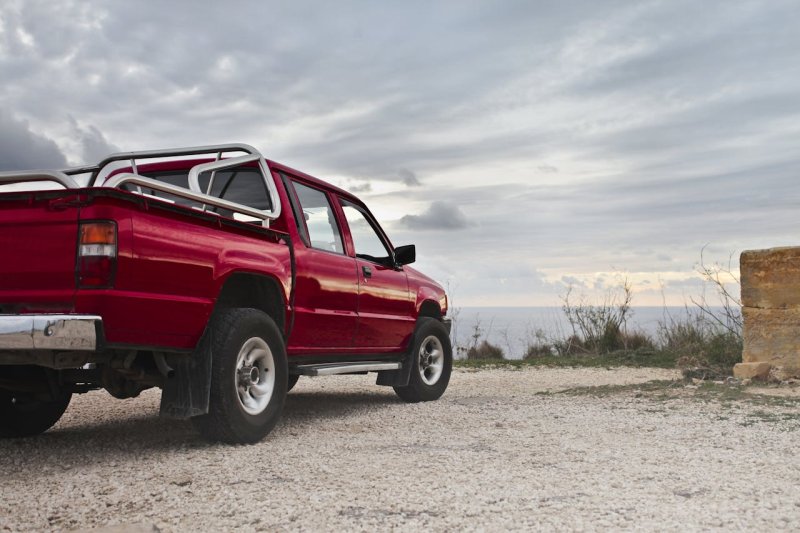
Update, 20/02/2024:
The government has now done a U-turn on this announcement. The HMRC web pages that previously had the announcement have been archived with the following note:
"The 12 February 2024 guidance changes for double cab pick-ups have been removed, following Ministerial announcement to amend legislation to preserve the prior treatment of double cab pick-ups with a payload of one tonne or more as goods vehicles."
Previous Post, 16/02/2024:
HMRC has announced a change in their approach to how double cab pickups will be taxed. The change affects both the benefit in kind position for employees and also the capital allowances treatment.
The strict rule is that any vehicle that is constructed primarily for carrying goods or burden is not a car, but anything else that is for conveying passengers is a car. Vehicles that are equally suited are treated as cars.
VAT rules apply a different definition, where any vehicle that has a payload capacity of at least 1,000 kg is not treated as a car. Due to long running court cases HMRC have for many years said that in relation to double cab pickups they will follow the VAT definition for the other taxes. From 1 July 2024 they will no longer take this approach.
Any vehicles that are bought or leased before that date can continue to follow the previous approach until the vehicle is sold, the lease ends or 5 April 2028 (whichever event comes first) so vehicles you already have will not be immediately affected. Any new vehicles will however be treated as a car by HMRC so you will need to factor in the changes to the tax position. This will be a significant tax increase for employees, the employer's national insurance bill and a business that buys a car will not be able to write off the full cost in the first year.
If you are looking at acquiring or replacing one of these vehicles then we recommend that you do so by 30 June 2024 at the latest if you are looking to maximise the tax relief. After that date we recommend you contact us before you take on a new vehicle so we can help you understand the tax cost before you commit.
